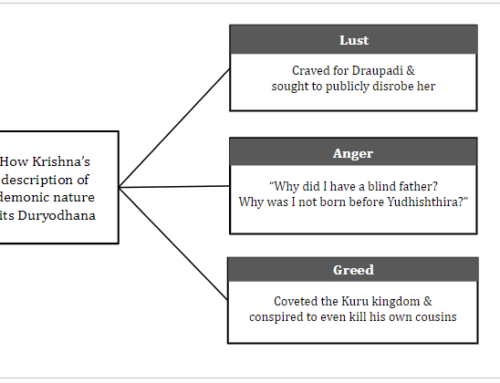Navigating life’s journey amidst the unpredictable worldly ups and downs is like navigating a boat in dark, turbulent waters. Just as the boat would be lost without a lighthouse, we would be lost without a reliable basis for our decision-making.
We usually make our decisions using one or more of these four main lighthouses:
- Culture: Everyone does it.
- Tradition: We have always done it.
- Mood: It feels good.
- Reason: It seems logical.
However, these are fallible, movable lighthouses that at times point to the safe ground of time-tested truths and at times point to the dangerous rocks of short-sighted trends. Guided by them, we may sometimes land and sometimes sink.
That’s why, before using these lighthouses, we need to ascertain where they stand by comparing them with the one lighthouse that always stands on the firm ground of perennial truth. That immovable, infallible lighthouse is the word of God, the Bhagavad-gita, which is ever pointing to our highest interests. This indeed is the reason why Krishna urges us in the Gita (16.24) to always make scripture the first and the last basis of our decision-making.
Bhagavad Gita Chapter 16 Text 24
“One should therefore understand what is duty and what is not duty by the regulations of the scriptures. Knowing such rules and regulations, one should act so that he may gradually be elevated.”


Leave A Comment